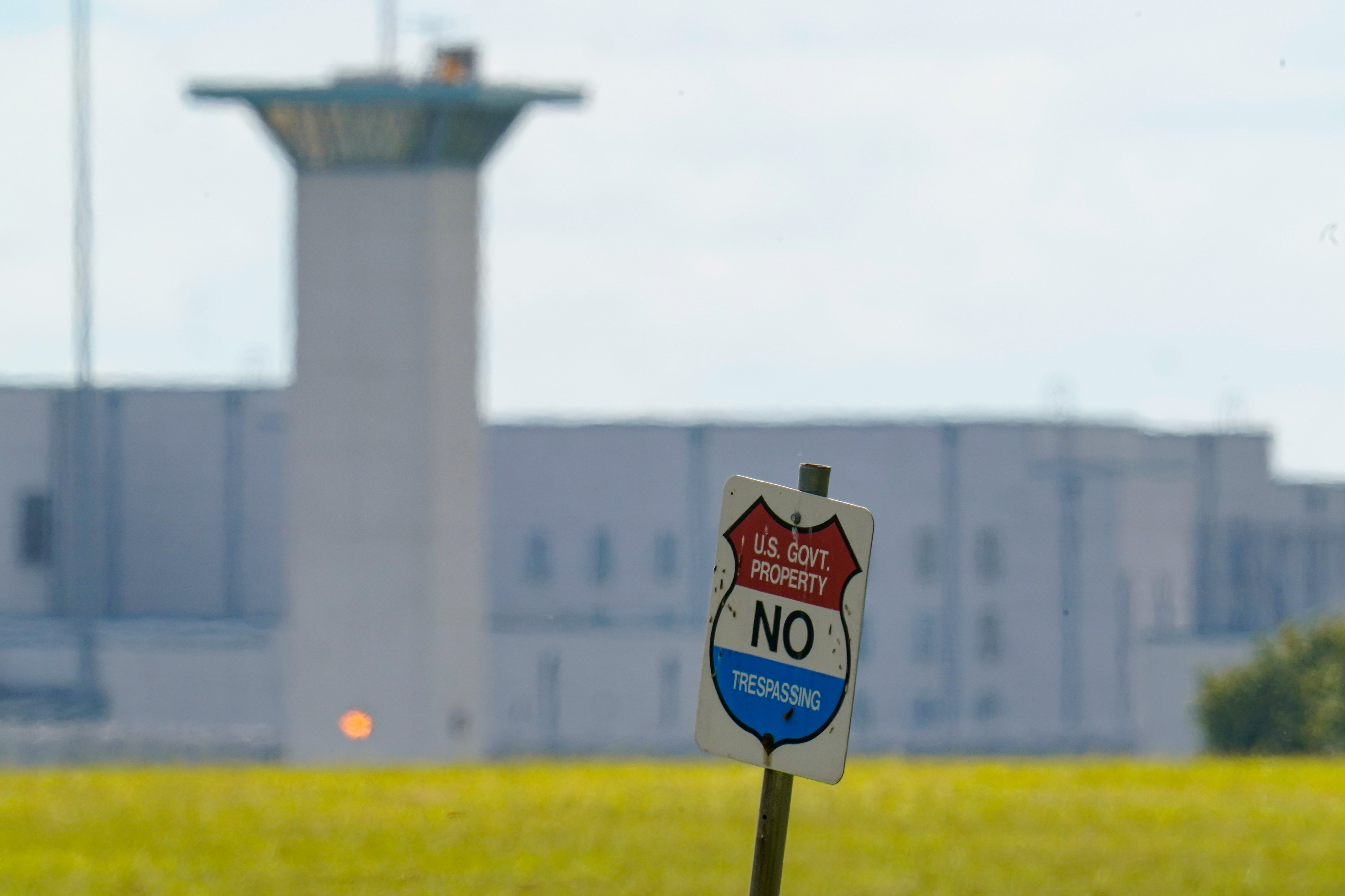The Independent's journalism is supported by our readers. When you purchase through links on our site, we may earn commission.
Medical science says prisoners should get the vaccine now. It isn’t happening
What should be a straightforward decision based on data has become political — and studies suggest that even if incarcerated people are offered the vaccine, they will be less likely to take it up than others

Now that shipments of the Covid-19 vaccine are on the move, the focus turns to who gets priority. Epidemiologists say those at the greatest risk of getting the deadly disease or those likely to suffer the most should be a priority — and those living in congregate living facilities such as nursing homes have risen to the top of the list as a result. But one exception has been made which makes very little sense at all.
Prisons and jails were excluded from the same list as other congregate living facilities. They were shifted to a lower priority category despite the fact that most prisons and jails are at, or nearly at, capacity. Indeed, according to the Prison Policy Initiative, 41 states are at 75 percent of capacity, with at least nine operating at more than full capacity — and with California at a whopping 117 percent. Virtually all of the country’s 2.3 million incarcerated people will be returning to our communities at some time, sanitizer is a contraband and PPE is a scarce resource.
These facts alone should be reason for the incarcerated population to be among first in line. Covid-19 has ripped through our prison and jail populations, infecting and killing hundreds of thousands of people most vulnerable to Covid-19: we recently surpassed 500,000 cases in correctional facilities. Incarcerated people have died at double the rate of the general population and jail facilities have become hotbeds of infection across the US. It’s no surprise the virus thrives where social distancing is impossible, hand sanitizer is banned, and soap is a luxury. The danger the virus poses means that even a minor offense — even a minor accusation — that leads to getting locked up is a potential death sentence.
It is immoral to promote any plan that isn’t laser-focused on mitigating the risk of infection and bad public health outcomes. Some have bucked the trend: The Governor of Ohio, for instance, has used his powers to prioritize the incarcerated population for vaccine access alongside eleven other state governments. However, too many others have dropped the ball, including the state of New York. A comprehensive, federal plan that is based on data and feedback from local community organizations, as well as city and state health and logistical departments, is needed.
About 2.3 million people are locked up in jails and prisons, according to the Bureau of Justice Statistics, and 40 percent of those locked up are Black Americans, who in turn only make up 13 percent of the general population. And regardless of whether incarcerated or not, studies show the Black community is disproportionately skeptical of vaccines. Considering the ugly US history of medical experimentation, this distrust in the system is understandable: the Tuskegee Syphilis Study, for instance — wherein the federal government told Black men they were receiving free healthcare when in fact they were observed to see the long-term effects of untreated syphilis — only ended in the 1970s. This means that even when incarcerated people are offered vaccination, the take-up may be lower than among other populations.
In partnership with directly impacted voices, government officials and medical experts need to launch a robust “trust campaign,” designed to alleviate understandable distrust and reluctance toward the vaccine in marginalized communities. This education campaign should include public service announcements from formerly incarcerated leaders, influencers and racial justice groups. Detailed, clear information about the vaccine and its importance needs to be prioritized for these groups.
State officials are already planning to give prison staff the vaccine earlier than most because they are essential workers. Those in prisons and jails should get access at the same time. That would not just demonstrate to them that the vaccine is safe but also push against the longstanding fears. Good choices here wouldn’t just save lives, but could be a critical step in repairing a long-standing legacy of slavery and racism.
DeAnna Hoskins is president and CEO of JustLeadershipUSA, a national justice reform organization that seeks to cut the US correctional population in half. She served as a senior policy adviser at the Department of Justice and as the director of reentry for Hamilton County (Ohio) Board of County Commissioners
Ashish Prashar is a justice reform activist and political communications leader, who is on the Board of Exodus Transitional Community, Getting Out and Staying Out, Just Leadership USA, Leap Confronting Conflict, and the Responsible Business Initiative for Justice

Join our commenting forum
Join thought-provoking conversations, follow other Independent readers and see their replies